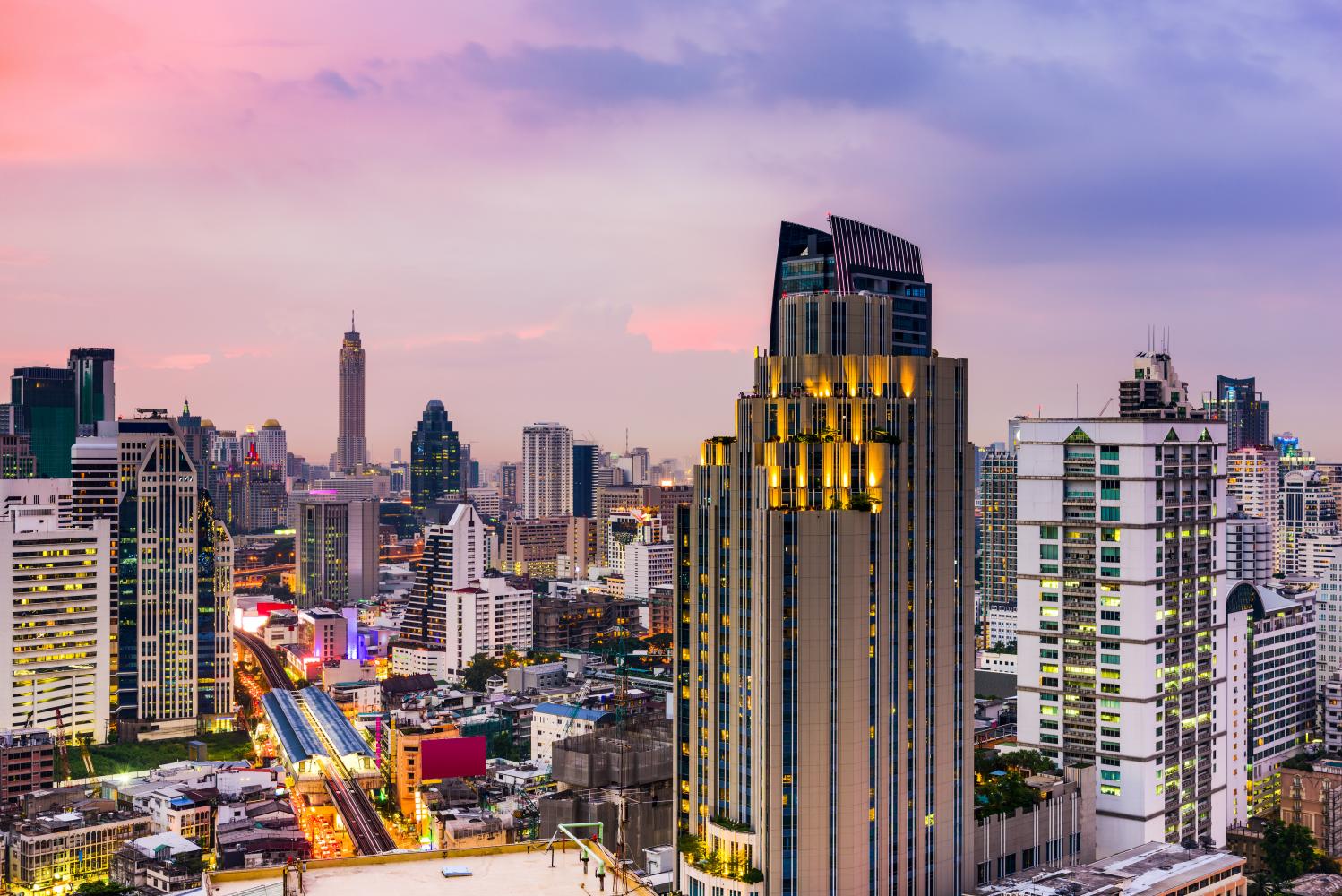
The furore surrounding costly hotel rates for a study trip taken by a group of Thai MPs to Singapore has shed light on the low average daily rate (ADR) of hotels in Thailand, which fares poorly compared with its regional peers, according to the Thai Hotels Association (THA).
Hotel rooms costing 12,500 baht a night in Singapore to accommodate a group of MPs led by Deputy House Speaker Padipat Suntiphada received criticism for their excess cost to the state budget.
THA president Marisa Sukosol Nunbhakdi said the room rate was not exaggerated as the hotel industry in Singapore was recognised for its strength even before the pandemic, particularly when compared with hotels in Thailand's major cities.
She said the low ADR of hotels in Thailand, particularly in Bangkok, was widely known for decades.
Though the average rate charged by four- and five-star hotels in Thailand has increased post-pandemic, it is still lower than the rates registered in other countries that also posted improved performances this year, said Mrs Marisa.
The country faces a challenge over the next two years as another 13,000 rooms from at least 50 hotels are scheduled to be added, mainly in the luxury segment, she said.
In 2019, the average cost of a luxury hotel room in Bangkok was US$357 (12,873 baht), the lowest among 10 cities in Asia-Pacific, while the average rates in Jakarta, Manila and Singapore were $681, $472, and $455 per night, respectively, according to Statista.
According to CoStar, a commercial real estate information company, the ADR of all hotels in Singapore in August this year was $247.40, a 22.8% increase from 2019, while in Thailand the ADR was $120.58 for the month, a gain of 17.6% over the same period.
Mrs Marisa said there are many reasons the ADR in Singapore is much higher than the rate recorded in Thailand.
The major reasons are systematic government support and well-regulated policy, both in terms of supply control and increasing demand, she said.
Hotels in Singapore are required to submit their occupancy rate to the authority on a regular basis so new hotel investments and additional rooms will not take a toll on existing players, said Mrs Marisa.
The Singapore government also has a solid plan to bring international events and concerts to the country, helping significantly to raise hotel occupancy and consequently increase the ADR, she said.
One example is Taylor Swift's concerts scheduled to take place next year, which have already led to a spike in bookings and room rates, said Mrs Marisa.
As tourism in Thailand offers great potential, it continues to attract new hotels. The government is open to this kind of business development, but does not provide insights regarding existing hotel supply to guide investors before they take the plunge, she said.
The liberal market conditions in Thailand, where every type of investment is welcomed and an influx of hotel rooms remains in the pipeline, might make it difficult to increase the ADR of the country's hotels to match other nations, said Mrs Marisa.
